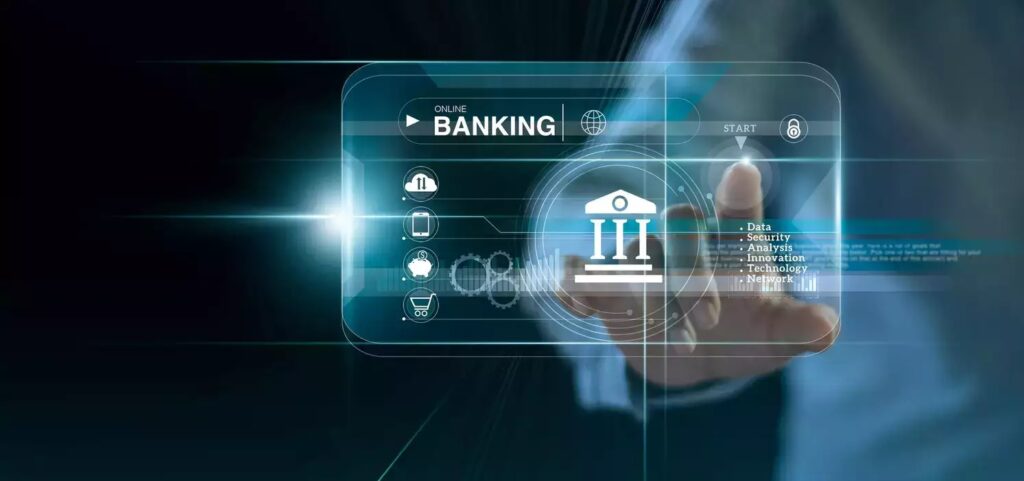Revolutionizing Finance: The Rise of Digital Banking in Bangladesh
Eight digital banks have been approved
Bangladesh Bank has approved two digital banks in the last period of the government. Initially Letter of Intent or Letter of Intent (LOI) is issued. However, a total of 8 digital banks have received policy approval. The Digital Banks that have received LOIs are – Nagad Digital Bank PLC, Kory Digital Bank PLC.
On Last week Governor Abdul Rauf Talukder chaired the board of directors meeting of the central bank to approve the new digital bank.

The matter was confirmed by the Executive Director and Spokesperson of the Central Bank. Majbaul Haq. He said that in-principle permission has been given in respect of eight institutions. First two are given LOIs. Will get six more in phases. Three of them are associated with banks. These establishments do not require a license. Only policy will be given. Through this, the digital banking wing will be able to open operations. Among these are BKash Bank’s MFS institution Bikash’s ‘Bikash Digital Bank‘, Bank Asia’s ‘Digital Bank Plc’ and ‘Digi Ten Bank Plc‘. DigiTen alliance includes – City Bank, Eastern Bank, Mercantile Bank, Midland Bank, Mutual Trust Bank, NCC Bank, Prime Bank, Pubali Bank, Trust Bank and Dutch-Bangla Bank.
Besides, it has been decided to give permission to some other institutions after six months. These are Smart Digital Bank Plc, Japan Bangla Digital Bank Plc, North East Digital Bank Plc.
According to sources, the term of the ruling Awami League is at the end. If everything goes well, the National Assembly elections are scheduled to be held by January. So the entrepreneurs put pressure on the government in this regard. Because if the election schedule is announced, then the whole matter may be filed. Therefore, Bangladesh Bank has taken a policy decision in this regard due to the lobbying of entrepreneurs and the pressure of the government. 14 banks were approved in three consecutive terms of the current government. Apart from this, Pravasi Kalyan Bank constituted under a special law was approved as a Scheduled Bank.
In total, there are 61 conventional banks in the country. There are 34 non-bank financial institutions. 8 digital banks are joining this.
It is known that only the main office will be there to manage the digital bank. This bank will not have any other facilities, over the counter (OTC), branches or sub-branches, ATMs, CDMs or CRMs to provide services. All services will be provided on app-based, mobile or digital devices.
The service will be available 24 hours a day and night. Digital Bank can introduce virtual cards, QR codes and any other advanced technology based products. No plastic card can be given. However, the customers of this bank can use various services including ATMs and agents of other banks. It also cannot open Letter of Credit (LC). Only small loans will be given, large and medium industries cannot be given loans. However, there is no restriction on taking deposits.
The minimum capital required to set up a digital bank is Tk 125 crore, which is Tk 500 crore for a conventional bank. According to the policy, half of the entrepreneurs in setting up a digital bank should have education, knowledge and experience in technology-based banking, emerging technologies, cyber laws and regulations. The other half should have adequate knowledge and experience in banking, e-commerce and banking laws and regulations. The Chief Executive Officer (CEO) of Digital Bank should have at least 15 years of experience in the banking profession.





